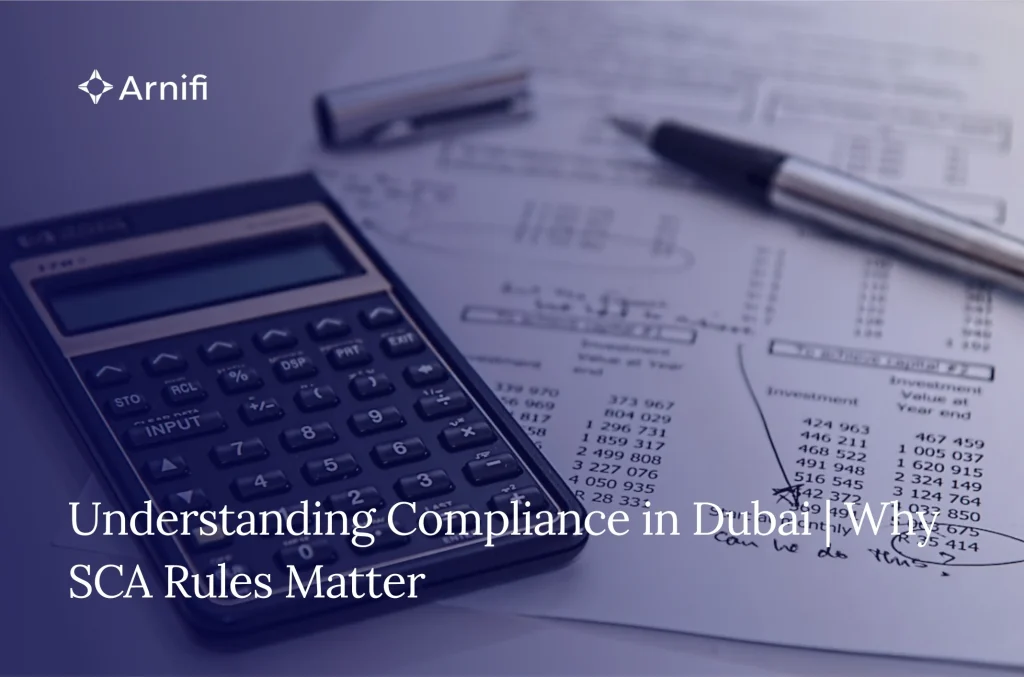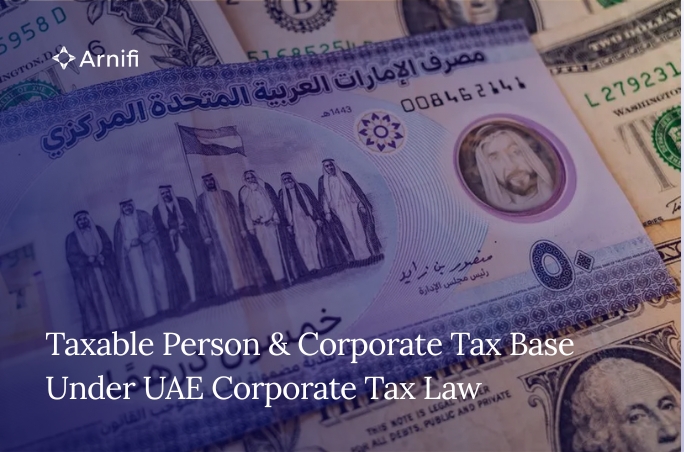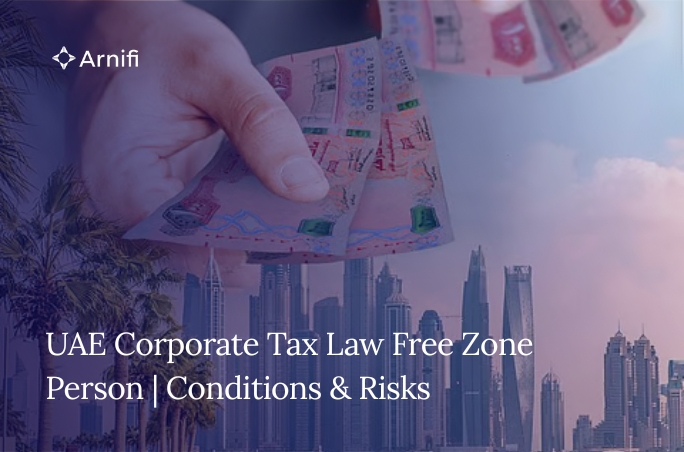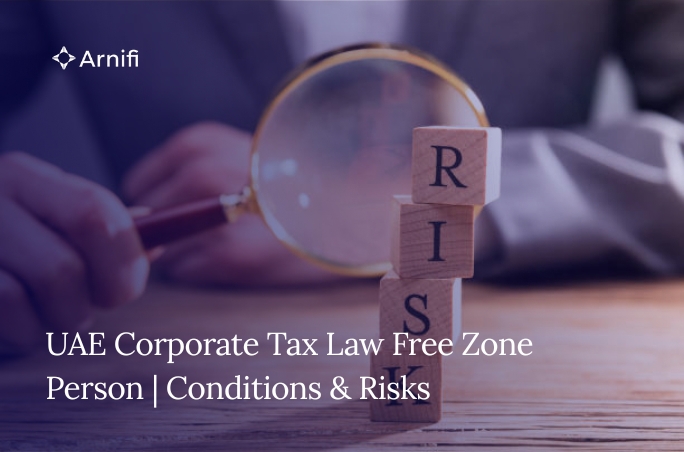Why SCA Compliance Matters for Fintech, Brokers, and Investment Firms in Dubai
by Rifa S Laskar Nov 24, 2025  7 MIN READ
7 MIN READ

For any regulated firm, Compliance in Dubai starts with understanding who actually supervises the activity.
The Securities and Commodities Authority Dubai is the federal authority that supervises onshore securities and commodities markets under Federal Law No. 4 of 2000.
At the same time, the Dubai Financial Services Authority regulates financial services carried out in or out of the DIFC free zone. The Financial Services Regulatory Authority in ADGM plays that role inside ADGM.
That split means a fintech or broker can face SCA rules for mainland business and a separate free zone rulebook when it operates in DIFC or ADGM.
Table of contents
- Who Regulates What In Dubai Financial Markets
- Why SCA Compliance For Dubai Firms Is A Strategic Issue
- Core SCA Expectations For Onshore Firms
- Dubai Fintech Legal Compliance Rules In Daily Work
- Thinking About Dubai Financial Advisory License Cost
- Simple Habits That Strengthen Compliance In Dubai
- Final Advice
- FAQs
Who Regulates What In Dubai Financial Markets
Federal Law No. 4 of 2000 created SCA as a public authority with legal personality and financial independence, as set out in the UAE legislation archive.
Under that law, SCA supervises UAE securities markets and licenses brokers that trade listed instruments, based on the official legislation text.
The UAE government portal explains that SCA develops and supervises the securities and commodities market at legislative, regulatory and supervisory levels.
Onshore markets such as the Dubai Gold and Commodities Exchange state that they are regulated by SCA as their external supervisor.
Inside DIFC, the Dubai Financial Services Authority describes itself as the independent regulator of financial services conducted in or out of that free zone. The Financial Services Regulatory Authority supervises financial activities and addresses conduct that could harm the integrity of the ADGM financial centre.
For a firm that sells products across mainland Dubai, DIFC and ADGM, these overlapping regimes make mapped compliance more than a paperwork task. This can be seen in the UAE government guidance on financial markets and the DFSA’s remit description.
Why SCA Compliance For Dubai Firms Is A Strategic Issue
For onshore activity, SCA compliance for Dubai firms is not optional, because the UAE Securities and Commodities Authority can fine or restrict firms that operate without proper authorisation.
Authorisation summaries note that investment companies and brokerage houses doing business in mainland UAE normally require SCA approval.
Recent enforcement actions by the Dubai Financial Services Authority against banks at DIFC show how regulators respond to control gaps. They can restrict new client onboarding when weaknesses appear.
For fintech and investment firms, that type of action can freeze growth plans and damage cross border trust with clients and counterparties, as highlighted in DFSA investor protection updates.
Strong compliance helps regulators and investors see the firm as a stable long term player in the UAE hub. It also aligns with the UAE government view of its financial markets framework.
Core SCA Expectations For Onshore Firms
Public guidance on SCA licensing highlights several themes that repeat across activities. The Waystone SCA authorisation summary stresses that firms must match their planned activities with licence categories and maintain minimum capital for those categories.
The UAE government’s financial markets overview underlines board “fit and proper” standards, plus internal control frameworks where compliance and risk functions monitor business lines and report to the board.
Client asset protection rules, set out in the brokers chapter of Federal Law No. 4 of 2000, require:
- Client asset protection rules are set out in the brokers chapter of Federal Law No. 4 of 2000.
- They require segregation of client money and client securities.
- Firms must reconcile records to external statements on a regular basis.
- Conduct standards focus on fair treatment, conflict management and accurate disclosure of products and fees.
Dubai Fintech Legal Compliance Rules In Daily Work
For a fintech, Dubai Fintech Legal Compliance Rules depend on where it sits and what it does, as reflected in the UAE government overview of financial markets. If the firm operates payment services or banking products, the Central Bank of the UAE may act as the primary regulator instead of SCA.
If it runs wealth, trading or crypto services inside DIFC, DFSA rulebooks will govern licensing and conduct. If it distributes onshore securities, even via an app, SCA rules can still apply because the activity targets mainland clients.
Some fintechs also opt for ADGM licences, where FSRA supervises banks, wealth managers and virtual asset players inside that financial centre. Because the same product can touch several regulators, mapping each feature and channel to the right licence set is core to clean compliance.
Thinking About Dubai Financial Advisory License Cost
Many founders search for Dubai financial advisory licence cost as a single figure, yet public calculators such as SetHub’s UAE licence cost tool show that packages vary by zone, visa count and office needs.
Guidance for DMCC, for example, notes that business licence fees can range between AED 10,000 and AED 50,000 a year depending on activity. This is before adding regulatory capital, compliance staff and audit costs for fully SCA-authorised advisory platforms in mainland Dubai, DIFC or ADGM.
Simple Habits That Strengthen Compliance In Dubai
Compliance often comes down to a few repeatable habits. Firms can map every revenue line to an activity label in the relevant regulator handbook and check that licences match those labels, using guides such as the Waystone SCA authorisation summary.
They can keep one register that tracks approvals and filings and also lists inspection dates. They can train front line staff on red flags that trigger reporting duties and review governance each year against codes on the UAE government corporate governance page instead of waiting for inspectors to find gaps.
Final Advice
For financial firms, compliance in Dubai is not only about avoiding penalties. It is about proving that the business can handle risk in a hub that attracts regional and global investors.
Teams that treat SCA and free zone rulebooks as design inputs, not late checks, keep licences and funding plans on track. Arnifi helps align with the Waystone SCA authorisation note and the DFSA GEN 2.2 list of regulated activities and supports client growth plans.
FAQs
Who is the main securities regulator for mainland Dubai firms?
The main securities regulator for mainland firms is the Securities and Commodities Authority. It’s a federal body created under Federal Law No. 4 of 2000 to supervise UAE securities and commodities markets.
How is DIFC regulated compared with the rest of Dubai?
Financial services in DIFC fall under the Dubai Financial Services Authority. It describes itself as the independent regulator for services conducted in or out of that free zone. Onshore activity remains under federal regulators such as SCA and the Central Bank as described in the UAE government guidance on financial markets.
Do all fintechs in Dubai report to SCA?
Many payment or banking fintechs deal mainly with the Central Bank of the UAE. Yet firms that run trading activity and fund or securities distribution to mainland clients may also require SCA authorisation. This applies where their activities fall within securities or investment business rules.
Is there a fixed price for a Dubai financial advisory licence?
There is no single fixed fee. Dubai license costs vary by zone, office and visas; DMCC alone ranges roughly AED 10,000–50,000 yearly, excluding capital and staffing.
Why are recent enforcement actions a warning for new entrants?
Recent DFSA restrictions on certain bank branches, reported in outlets such as the Economic Times coverage of DFSA action, show that regulators can block new client onboarding when controls fall short. This prompts new firms to build strong systems from day one in line with investor protection themes.
Top UAE Packages

Related Articles
Top UAE Packages



